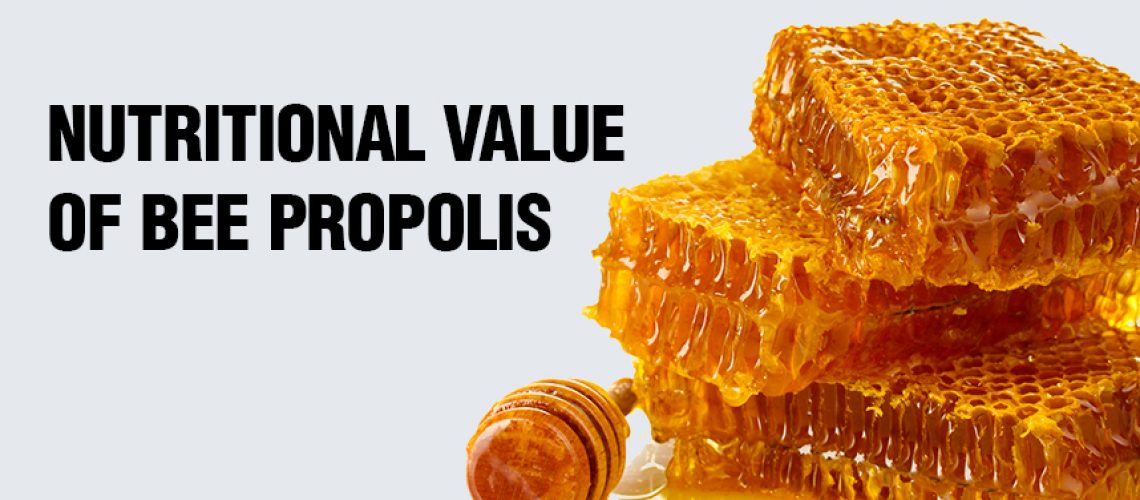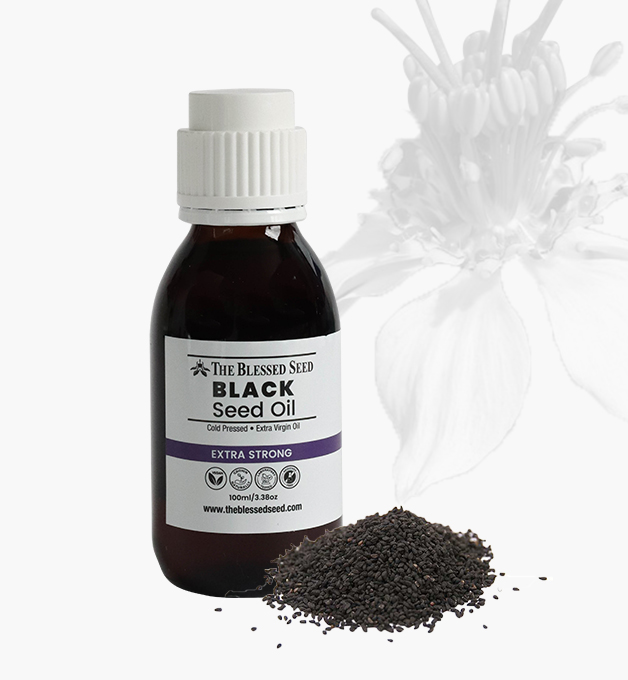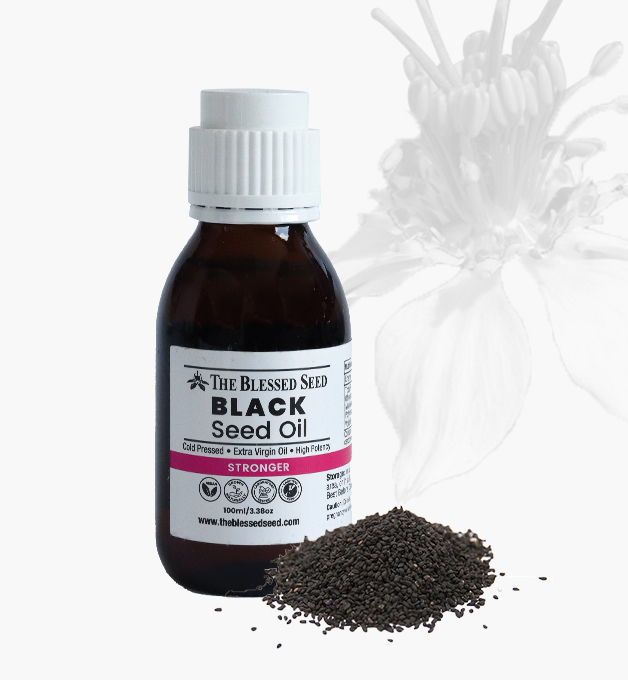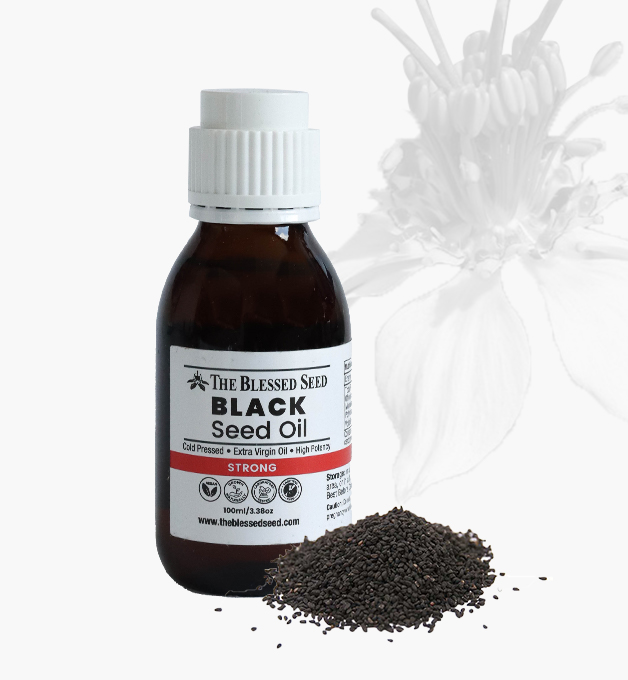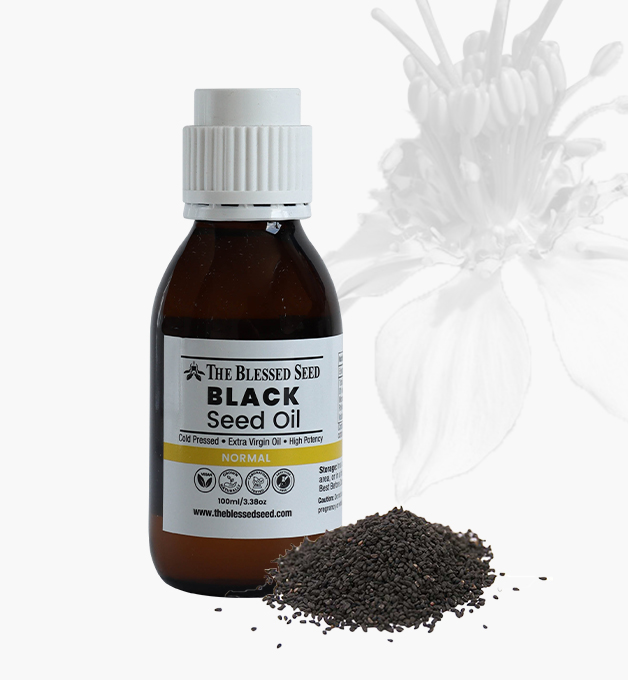While the antibiotic effects of honey and its myriad benefits may be well-known, not so much is known about bee propolis. A side-product from the business of honey making, bee propolis has many benefits for both bees and humans alike.
What is Bee Propolis?
Bee propolis is not a new health craze. It has, in fact, been used as a nutritional supplement and form of medication since ancient times. The Assyrians, for example, used it to treat wounds, tumours, and infections, while the Greeks used it for the treatment of abscesses. In Egypt, it was used during the embalming process. The medical uses of bee propolis, according to various studies, shows it to have antibacterial, antimicrobial, anti-inflammatory, anti-cancer, antifungal, immunomodulatory, and antioxidant qualities. Bee propolis is also a naturally occurring antibiotic.
A resin-like material made by bees as a byproduct of their nectar scavenging, bee propolis which is harvested at the same tie as honey, is used by bees in their hive building process. Often referred to as ‘bee glue’ bees use propolis to seal cracks in their hives, for smoothing out its inner surface, preventing invasion by predators, to keep their hive free from infections, and to help control the hive’s internal temperature.
Besides its use in medications and as a nutritional supplement, bee propolis is also used in the beauty industry.
The Compounds in Bee Propolis
Bee propolis contains over 300 different compounds. Amongst these are included amino acids, steroids, phenolic aldehydes, coumarins, sesquiterpene quinines, and polyphenols. Various inorganic compounds have also been identified. The exact ratios of these various compounds depend on where the bee propolis was collected, the time of day it was collected, and the raw materials available to bees in a specific area. These different compounds, both individually and collectively, are of great nutritional benefit to humans as they may, as part of your daily nutrition, aid in staving off various health conditions as well as their effects.
The Nutritional Value in Bee Propolis
Two of the chemicals found in bee propolis are Caffeic Acid Phenethyl ester (CAPE) and artepillin C. Studies have indicated that these two chemicals have anti-cancer properties. By incorporating bee propolis in your diet, you could thus potentially inhibit or deter cancer growth.
There are many flavonoids in bee propolis. Flavonoids play a major role in the antioxidant process, scavenging free radicals that could potentially cause cell damage and speed up the aging process. Health issues commonly caused by free radicals include diabetes, arthritis, cardiovascular disease, and even Parkinson’s and Alzheimer’s. Supplementing with bee propolis could potentially help address the formation of these issues or even help mitigate existing situations caused by free radicals.
The flavonoids in bee propolis also have antibacterial and anti-inflammatory properties. This means that bee propolis may be a very effective antibiotic. Being a natural antibiotic, bee propolis, as a nutritional supplement, could potentially help protect you against various pathogens such as those that cause influenza or the common cold, as examples.
Studies on the antifungal properties of bee propolis were promising, showing it to be effective against numerous fungal strains including various strains of Candida.
People with inflammatory diseases such as inflammatory bowel syndrome and autoimmune conditions may also benefit from a bee propolis supplement. Caffeic Acid Phenethyl ester, which is one of the compounds found in bee propolis, is a strong inflammatory inhibitor. A bee propolis nutrient supplement may also promote liver health.
A bee propolis supplement may also be of benefit to those with blood sugar issues, as it seems to have a modulating effect on blood sugar levels. It may also help heart health because of its ability to modulate bad cholesterol formation.
In Conclusion
“You are what you eat” is a very old saying. This implies that your diet and getting the correct nutrients play a large role in your continued health. Yet the modern diet seems to be lacking in many of the essential vitamins, minerals, and other nutrients needed to keep our bodies healthy. Bee propolis has many of the compounds needed by our bodies to ensure optimum health. Just a word of caution with regards to taking bee propolis as a nutritional supplement, though. Some people tend to be allergic to bees and honey. They may also thus show an allergic reaction to bee propolis.
